|
I.
課程概述與目標 (Course
Objectives)
The New Venture Development Management focuses on the tasks and skills
needed to exercise general manager responsibilities as an entrepreneur.
The course aims to teach the vision entrepreneurs use in identifying
market opportunity and creating new business ventures; the analytic
skills that are needed to practice this vision and execution; and the
domain knowledge and managerial skills that are necessary for dealing
with the recurring issues involved in starting-up, growing, and
harnessing the value of new ventures. The cases used in the course are
scheduled according to a venture's organizational life cycle in
venturing team set-ups, market entry, product launch, resource
networking buildup, value creation, crisis management, corporate
governance, and global expansion.
本課程的目標是使學員能夠
一.理解新事業發展歷程可能面臨的議題
二.理解身為新事業發展管理者所需具備的知識、技能、態度
三.學習新事業發展成功的關鍵要素
四.應用管理知識及經驗,從整體面以系統觀分析新事業發展的問題
五.整合資源及開創新事業發展的優勢與價值
II.
課程參考書目(Required
texts and Readings)
-
創業管理的12堂課, 劉常勇著 天下文化,2004 .
-
非常競爭優勢
(John Nesheim, 2000, High Tech Start up)
-
藍海策略台灣版 – 15個開創新市場的成功故事, 朱博湧主編, 天下遠見
-
藍海策略,
W.Chan Kim & Renee Mauborgne,
黃秀媛譯, 天下遠見
-
開放式經營:創新獲利新典範,
Henry Chesbrough,
李芳齡譯, 天下雜誌
-
New Venture Creation,
J. A. Timmons and S. Spinelli; Irwin, McGraw Hill, Sixth Edition,
2003
-
High-Tech Ventures: The Guide
for Entrepreneurial Success; C.G .Bell and JE McNamara,
Addison Wesley, 1991.
-
Venture
Capital: The Complete Guide for Investors, A.D. Silver; New
York: John Wiley & Sons, 1985.
-
No Longer MOOT: The Premier New
Venture Competition From Idea to Global Impact,
G.M. Cadenhead; (Remoir: Austin, U Texas Co-op, 2002.
III.
教學要點概述 (Course
Format)
The course is taught using a
combination of lectures, case analysis, book chapter reading,
and
class discussion. The textbook will give you a broad picture of what
a new business venture is all about. To enhance your grasp
of various business management problems venture capitalist face,
in-class case analyses and Harvard Business
School
cases are scheduled.
All in-class case analyses, case presentation, and books
reading will be conducted by student groups.
Eight teams will be formed. Each
team will be made up of a number of students, and will work as a unit
throughout the semester. The course content is the following:
-
新事業發展管理的範疇
-
新事業發展人力資源議題
-
新事業發展資金募集與管理
-
新事業發展的技術策略
-
新事業行銷策略
I V.
學期作業、考試、評量 (Course
Evaluation)
|
Case homework
(小組書面報告) |
40% |
|
Case presentation
(小組簡報與期末心得報告) |
30% |
|
Individual
contribution on group discussion (課堂發言個人貢獻) |
20% |
|
Classroom
participation (出席情形) |
10% |
個案討論
(Case
Discussions)
Experience is the best
teacher -- and this EMBA course provides the most divergent and colorful
knowledge into every hour of learning among our executive students.
In case analysis, students are introduced to the reality of decision
making -- including incomplete information, time constraints, and
conflicting goals -- giving you first-hand experience in analyzing
new venture business situations.
The exercises seek to
provide not only a more in-depth understanding of specific
entrepreneurship
issues, but also to improve your interpersonal, leadership, and
presentation skills. Your participation in these exercises is
vital to your individual success and the success of the class. Thus,
absences will work to your detriment in class in the same way they do in
the workplace. You will miss important information and let down your
work team.
Please
ensure that your case presentation, homework and case discussion (1) is a team effort
and (2) is of professional quality. The first condition requires that
(a) all questions be answered and (b) all members understand and
contribute to the answer to each of the questions (so that any member is
comfortable with answering or explaining any part of any question). The
second condition requires (a) early and thorough proofreading for
grammar, spelling, style, relevant content, supportable logic, and
citation of sources, (b) appropriate dress and mannerisms to be used
during the oral presentation, (c) knowing your material so well that you
DO NOT READ YOUR PRESENTATION, and (d) e-mailing me your case summary
homework
(MS Word file) and case presentation (PowerPoint slides) one day prior to our scheduled case discussion date. Each case
homework
is to be no more than 3 pages, double-spaced, 12 point font, with one
inch margins. Depending on the complexity of the case, each case
presentation is expected to finish within 30
minutes.
榮譽與智慧 (Academic Integrity)
The
University's Code of Academic Integrity is designed to ensure that
the principles of academic honesty and integrity are upheld. All
students are expected to adhere to this Code. Violations include:
plagiarism* and exam misconduct. The NCTU Management School does not
tolerate academic dishonesty. On each assignment you will be asked
to write out and sign by all your team members the following pledge.
"I pledge on my honor that I have not given or received any
unauthorized assistance on this exam/assignment."
*Note: Make sure not to plagiarize anyone else’s work
either intentionally or unintentionally. Plagiarism is defined as
using someone else's words or ideas without proper
attribution. The proliferation of Web pages and electronic
publications makes it easy for plagiarism, accidental or otherwise, to
occur. When in doubt, make sure to include a full citation either as
a footnote or as a reference at the end of the paper.
V.
課程進度表(Saturday
and Sunday 5:30 PM~ 8:30PM,
浩然圖書館B1國際會議廳)
|
|
座位表

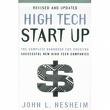
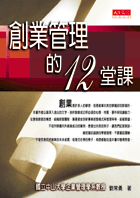
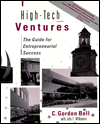



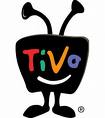
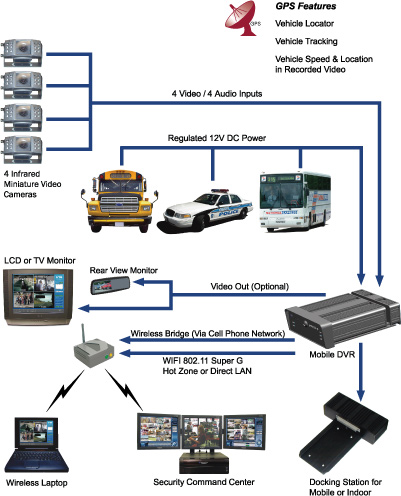




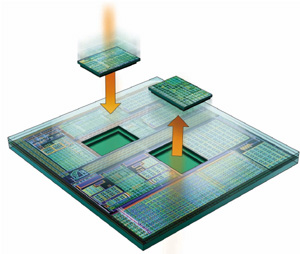

 |

